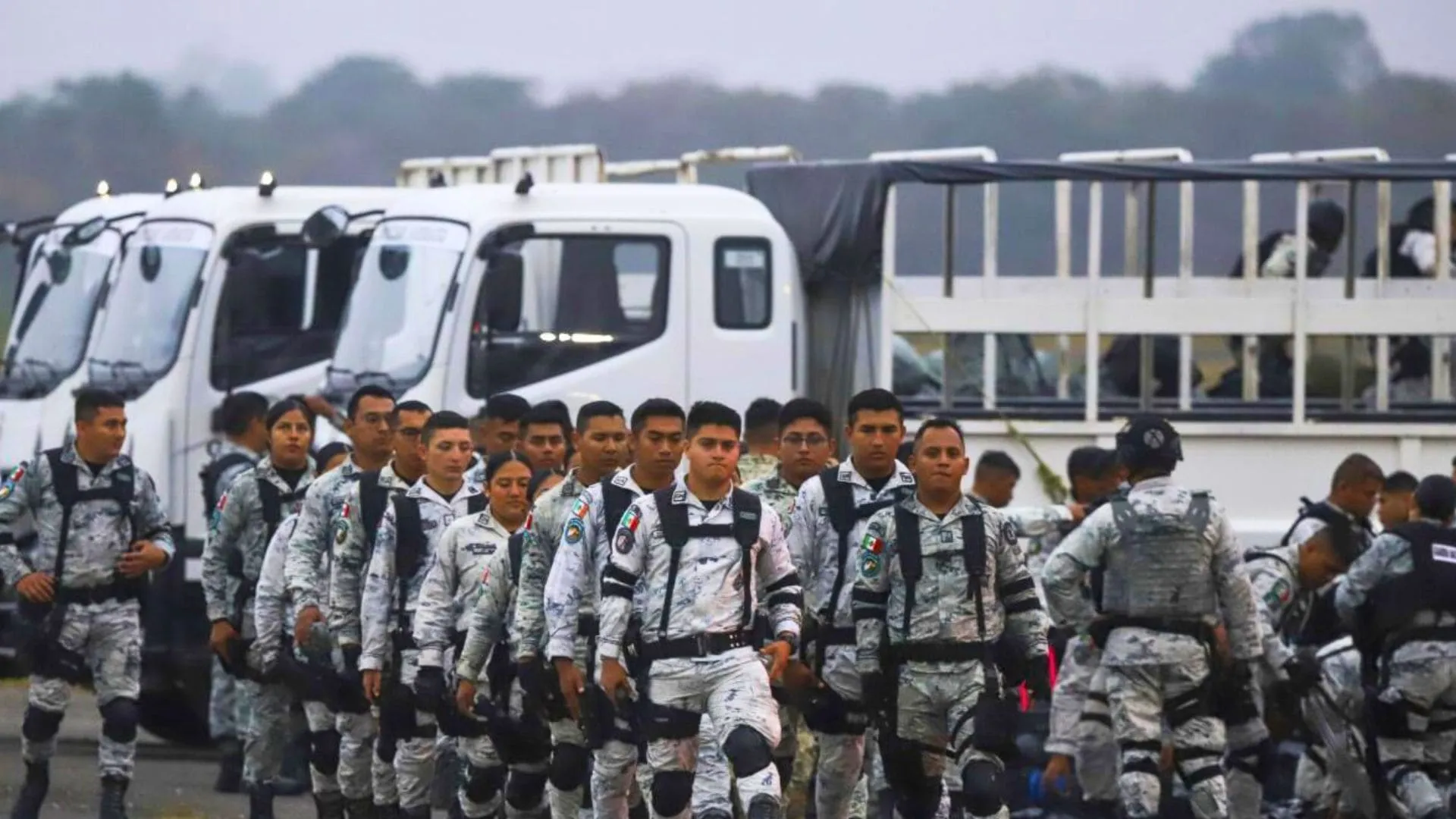US President Donald Trump is getting ready to take a new action in his war against drug cartels: drone attacks within Mexico. The plan, which is still in the discussion stages, would use US military drones to attack cartel operators and facilities. While the White House has not yet finalized the plan, the action marks an aggressive intensification of America’s war on drugs. As with drone attacks against cartels in the spotlight now, the US-Mexico relationship is given a serious test of strength—particularly as Trump doubles down on tariffs against Mexican products.
Drone Power vs. Diplomatic Balance
The CIA and Pentagon have already boosted surveillance flights over Mexico. The intelligence collected could be used to back future drone strikes—even without Mexican consent. That’s where the danger comes in. Mexican President Claudia Sheinbaum has approved the surveillance, but not strikes. That kind of move could spark backlash in Mexico and break a long-standing, if tense, alliance.
Though tensions are running high, Mexico has demonstrated cooperation. It extradited close to 30 cartel-affiliated individuals in February. Sheinbaum also provided a new list of traffickers to US officials last week. But Trump’s threats of tariffs are complicating matters. Already having levied tariffs on steel, aluminum, and automobiles, Trump will announce retaliatory tariffs on April 2. Mexico is unlikely to retaliate in kind, but Sheinbaum cautioned, “action would be taken.”
From Tariffs to Targeting
By connecting border security and economic coercion, Trump is in danger of making Mexico a two-front war. Drone strikes may yield short-term tactical success, but the political price might be gigantic—if operations are conducted unilaterally.
This is no longer a drug war. It is a test of sovereignty, diplomacy, and self-restraint. While Trump turns up the invective and Mexico walks a fine line between cooperation and caution, the region is moving toward an explosive flashpoint.









